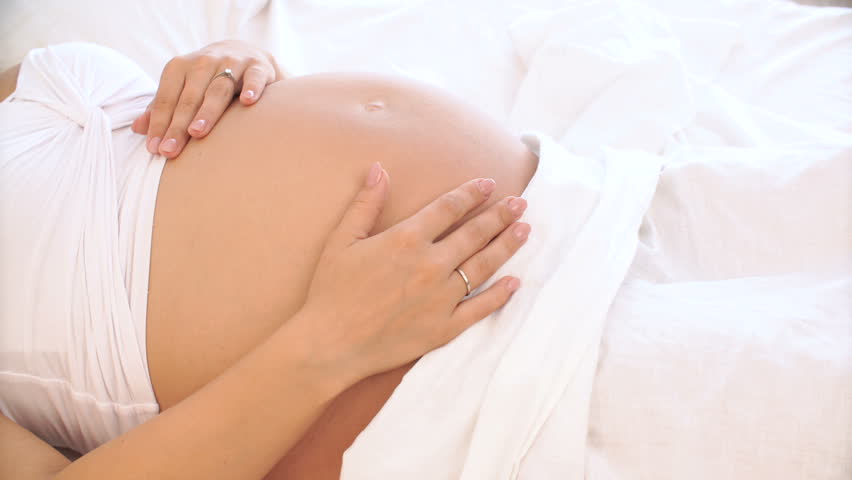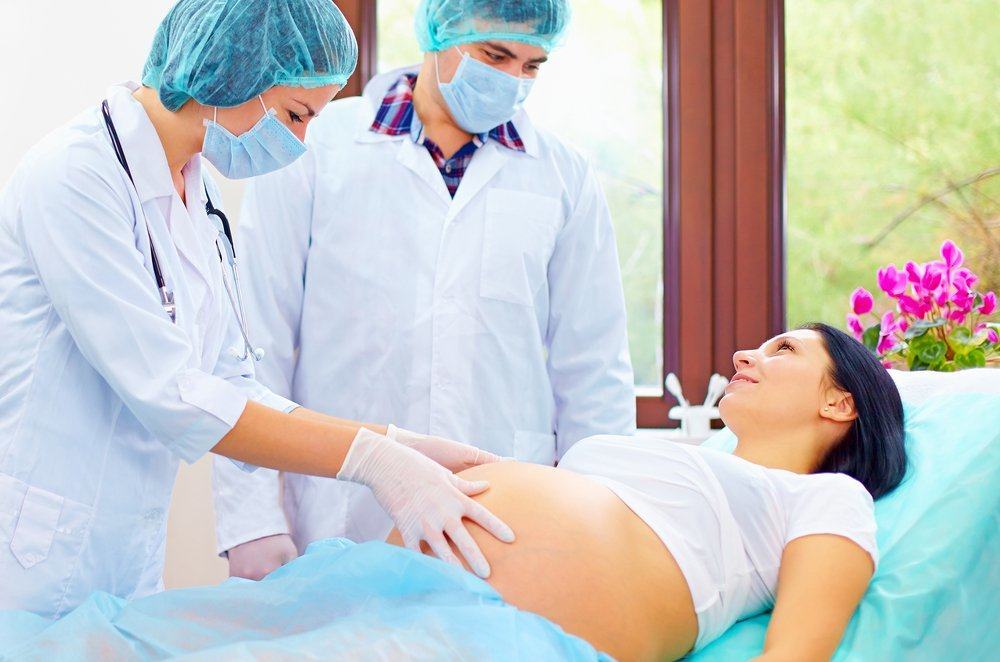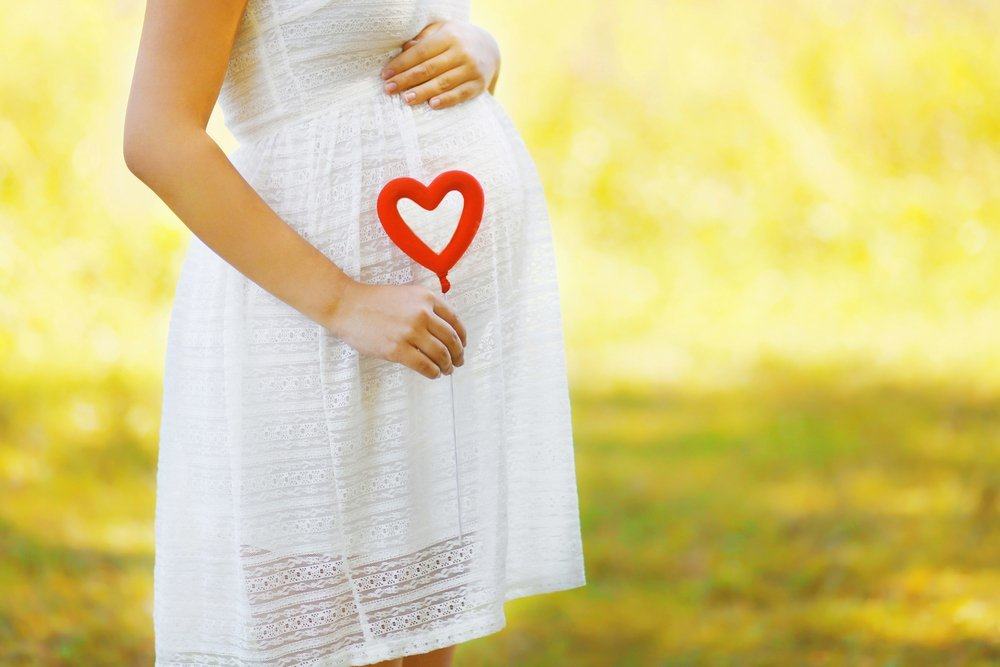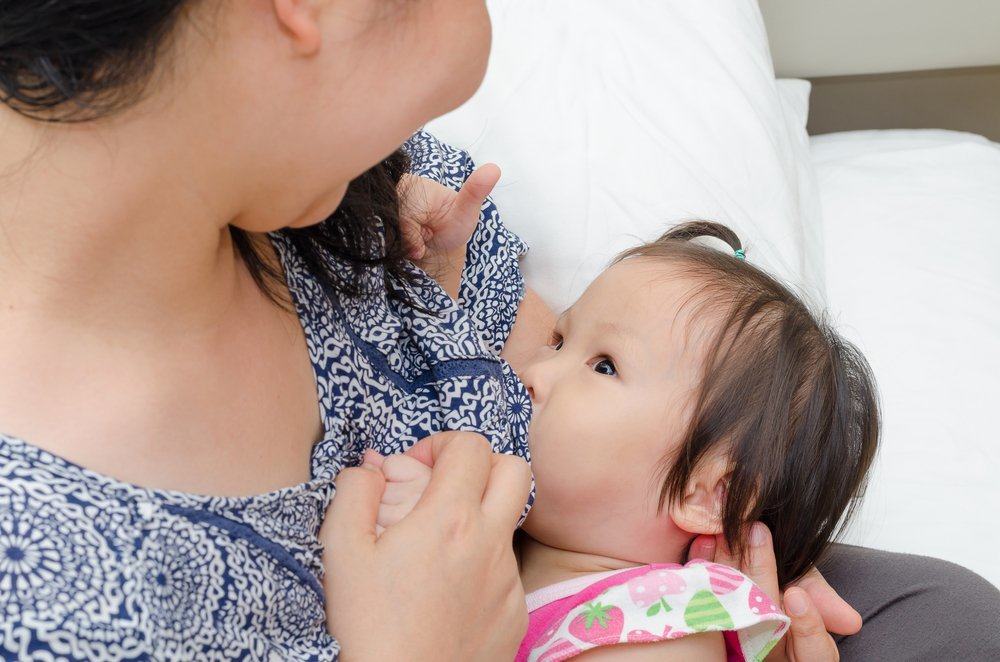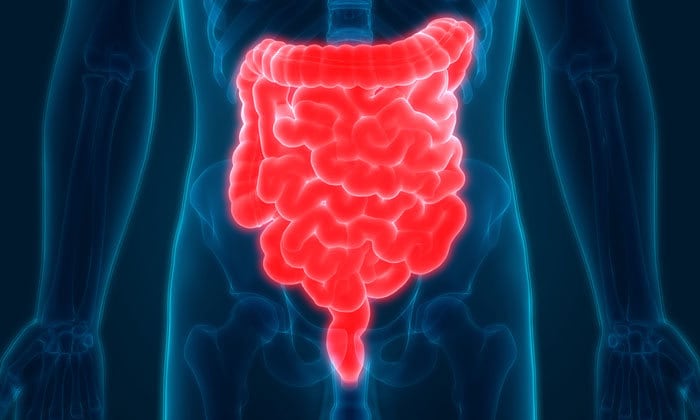Contents:
- Medical Video: What Does it Really Mean if Your Pregnancy is High Risk?
- What is a high-risk pregnancy?
- What causes high-risk pregnancy?
- 1. Mother's disease
- 2. Lifestyle causes of high-risk pregnancy
- 3. Complications of pregnancy
- What to do when you have a high-risk pregnancy?
- 1. Check yourself regularly, especially in the early days of pregnancy
- 2. Take pregnant vitamins
- 3. Keep your body weight normal
- 4. Stop habits that endanger the fetus
- 5. Detect chromosomal abnormalities in infants
Medical Video: What Does it Really Mean if Your Pregnancy is High Risk?
Every prospective mother wants her pregnancy to run smoothly. But if the doctor says that your pregnancy is at high risk, that means you need extra care during pregnancy until the time of delivery. What is a high-risk pregnancy, and what is the danger to the health of the mother and fetus?
What is a high-risk pregnancy?
High-risk pregnancy is a condition of pregnancy that can threaten the health and safety of the mother and fetus. This condition can be caused by complications during pregnancy, but it can also be caused by a medical condition that you have had before you were pregnant. Pregnant women who experience this condition must be diligently examined and need supervision and extra care from a doctor.
High-risk pregnancies are most vulnerable to mothers who have had problems in previous pregnancies, for example giving birth prematurely. Not that if you have had a premature birth first, a pregnancy that is now automatic will also be premature. It's just that, the risks might come up with different manifestations.
Your age can also affect how likely you are to have a high-risk pregnancy. If you pregnant at the age of 35 years or even younger, for example during adolescence, your risk of experiencing health problems increases.
What causes high-risk pregnancy?
There are several medical conditions that can cause you to have a high-risk pregnancy. This medical condition can occur during pregnancy or before pregnancy. If indeed you already have certain medical conditions, immediately see a doctor if you and your partner want to start a pregnant program. Here are some health conditions that can be a cause of high-risk pregnancy.
1. Mother's disease
- Blood disorders. If you have a blood disorder, like sickle cell disease or thalassemia, pregnancy can actually worsen your condition. Blood disorders can also increase a baby's risk during pregnancy or after giving birth to experience the same thing with you.
- Chronic kidney disease. In general, pregnancy itself can put great pressure on your kidney. But this condition can increase the risk of miscarriage because it causes high blood pressure and preeclampsia, so your chances of giving birth to a baby early are getting bigger.
- Depression. Depression untreated or some drugs used to treat depression have risks to your baby's health and safety. If you really are taking an antidepressant and just found out you are pregnant, don't stop it suddenly, immediately consult this with your doctor.
- High blood pressure. Hypertension that is not handled properly can cause your fetus to grow slowly and increase your risk for preterm delivery. Other complications associated with high blood pressure are preeclampsia and placental abruptiona serious condition in which the placenta separates part of the uterus before the baby is born.
- HIV or AIDS. If you have HIV or AIDSYour baby is most likely to be infected before birth, during labor or when you are breastfeeding. However, treatment can reduce this risk.
- Lupus. Lupus and other autoimmune diseases can increase the risk of preterm birth, preeclampsia, and very low birth weight babies. Pregnancy can also aggravate this condition.
- Obesity. Having excessive body mass index before pregnancy makes you more at risk for gestational diabetes, type 2 diabetesand high blood pressure during pregnancy. When giving birth, you may only be able to undergo a cesarean delivery.
- Thyroid disease. Thyroid disorders both hypothyroidism and hyperthyroidism can increase miscarriage problems, preeclampsia, low birth weight, and premature delivery.
- Diabetes. Uncontrolled diabetes can increase the risk of birth defects, high blood pressure, giving birth to premature babies, and babies at risk of being born with excess weight (macrosomia) This can also increase the risk of respiratory problems, low glucose levels, and jaundice.
2. Lifestyle causes of high-risk pregnancy
High-risk pregnancies are not only caused by diseases that the mother has before pregnancy, but can also be caused by unhealthy lifestyles such as consuming alcoholic beverages, smoking, and drug abuse. These things can increase the risk of stillbirth, premature babies, low birth weight, and birth defects.
3. Complications of pregnancy
Mothers who are declared healthy before pregnancy (without the underlying medical condition) are also at risk of having a high-risk pregnancy. Pregnancy problems that can occur and increase the risk of your pregnancy are as follows:
- Birth defects. Actual birth defects can be detected through ultrasound or genetic testing before birth. If the birth defect in the fetus has been diagnosed, then you should get extra attention and care from the medical staff.
- Gestational diabetes. Gestational diabetes is diabetes that occurs during pregnancy. Gestational diabetes those who don't get treatment right away make you have the risk of preterm delivery, high blood pressure, and preeclampsia. Consult a doctor for further treatment.
- Slow fetal development. Fetal development will usually always go into an important examination every time you visit an obstetrician. In some cases, if the fetus does not develop as it should, you need extra supervision from medical personnel, this increases high-risk pregnancies by giving birth prematurely.
- Twin pregnancy. Twin pregnancy including high risk because it can increase your risk of giving birth prematurely. Twin pregnancy also greatly affects your physical condition.
- Preeclampsia. This serious condition usually occurs during the second trimester of pregnancy, you will experience high blood pressure. Preeclampsia can affect fetal development and your health. This pregnancy disorder also increases premature birth.
What to do when you have a high-risk pregnancy?
1. Check yourself regularly, especially in the early days of pregnancy
The first weeks are an important period of early baby growth. Pregnant women can have their pregnancy checked to detect and deal with possible abnormalities in the baby. With regular checks, doctors can also provide early treatment if you are at risk or detected having gestational diabetes and preeclampsia.
2. Take pregnant vitamins
Taking vitamin Folic acid at least 400 micrograms per day before and during the first 3 months of pregnancy can help prevent bodily defects in infants, especially the spinal cord and brain. Some pre-pregnancy vitamins contain 800-1000 micrograms of folic acid which is still relatively safe. But you should avoid consuming more than 1000 micrograms of folic acid.
3. Keep your body weight normal
Pregnancy is synonymous with weight gain. But the effort should not exceed 11-15 kilograms. Too little weight gain is also included in the high risk pregnancy category because the risk of premature birth is high. Conversely, excessive body weight during pregnancy makes the mother at risk of developing gestational diabetes and high blood pressure. You can maintain a normal body weight by:
- Apply a balanced healthy diet. Choose fresh vegetables and fruits, nuts, and lean meats. Also consume food sources of calcium and folic acid for baby's development. As a guide, you can read more about healthy food for pregnant women.
- Exercise regularly. Regular exercise or active movement every day can relieve stress and strengthen the body of pregnant women. Ask about the health and type of exercise that will be done to the doctor if you have certain conditions, such as diabetes.
4. Stop habits that endanger the fetus
Smoking, consuming liquor, and consuming too much caffeinated drinks can increase the risk of mental and physical abnormalities in the womb. By avoiding all three, you can minimize the risk of preeclampsia and the risk of giving birth to a baby with a low weight. These conditions are common in women who give birth over the age of 35 years.
5. Detect chromosomal abnormalities in infants
Learn and if necessary take tests to detect possible chromosomal abnormalities in the womb.

